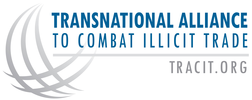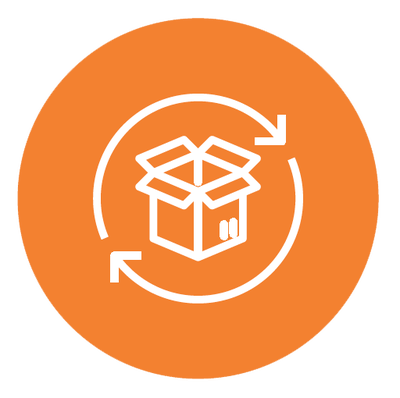Our cross-sectoral work streamThe convergence of multiple illicit trade sectors presents challenges, but also offers an opportunity for the law enforcement community to join forces cross-sectorally. This results in increased powers of search, seizure and arrest, relying on the combined expertise of stakeholders in specific illicit trade sectors and drawing from broader intelligence sources. Similarly, the business community can benefit substantially from sharing their industry-specific expertise, know-how and best practice across sectors to combat illicit trade. In its interaction with government agencies and international organizations, the private sector through TRACIT has a key role to play by promoting an integrated, multidisciplinary and multi-agency strategy, which departs from an approach that almost exclusively handles illicit trade along traditional lines of separation based on the type of commodity involved.
TRACIT’S cross-cutting work focuses on pressing for a more holistic approach by intergovernmental agencies, improving guidance to national governments, and reducing vulnerabilities of supply chains exploited by all forms of illicit trade. Areas of activity |
Organized Criminal Groups (OCGs) also often engage in more than one criminal activity to mitigate risks, reduce operational costs and increase profit margins. The OCGs involved in the trafficking of illicit goods are the most poly-criminal groups in the EU. […]Many OCGs are highly flexible and able to shift from one criminal activity to another or to add new criminal activities to their crime portfolio. The integration of digital systems in many criminal activities and the expansion of the online trade in illicit goods and services is transforming serious and organized crime. Criminals are increasingly adapting the supply chain models of global online retailers. |
|
Transnational Alliance to Combat Illicit Trade (TRACIT) is an independent, non-governmental, not-for-profit organisation under US tax code 501(c)(6).
© COPYRIGHT 2024. ALL RIGHTS RESERVED. |
Follow us
|




